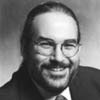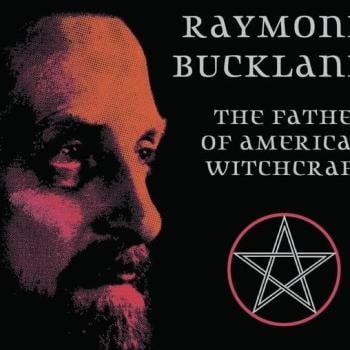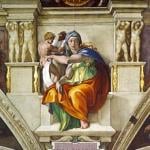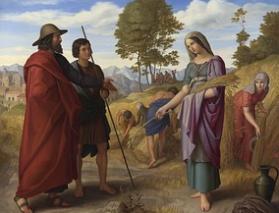 By Rabbi Brad Hirschfield
By Rabbi Brad Hirschfield
The past decade or more in American religion could be called "The Rise of the Nones," but the future will be known as the "The Rise of the Both/Ands." Welcome to the 21st century in America, a time very much like the 1st century, when old institutions were crumbling and new ones were not yet formed, but people were creating what we would come to call western religious tradition.
The number of people who, when asked to choose a religion from the usual list of common choices, chose ‘none,' has more than doubled in the past ten years. While some may see in that trend, which continues apace, the end of religion, I see something altogether different and far more interesting.
It's not that Americans are saying no to religion per se, it's that they are telling pollsters and pastors, analysts of religion and rabbis, that they are not willing to restrict themselves to a box on someone else's list. In fact, Americans are in the midst of redefining the spiritual project in ways that combine tremendous interest in tradition and their own sense of authority about how to manipulate those traditions, including their right to return to more fundamentalist readings that their parents rejected.
Religion is booming; boomers and their younger compatriots are choosing new faiths and studying old ones in unprecedented numbers. What they are not doing is joining temples, attending churches, or adhering to received dogmas the way their parents did. And that process is likely to quicken and deepen in the years ahead, at least in America.
We are likely to see people move from refusing to check any box other than ‘none' when asked which tradition they follow, and begin to check more than one box on the given list or to name new combinations and new traditions not even listed. For example, it's been almost 2,000 years since we have seen large numbers of Jewish Christians or Christian Jews, but we are going to see more and more of them in the years ahead.
Whether others judge such identities as dangerously syncretistic or lacking in religious integrity, those who claim them, and claim identities as Naturist Christians, Non-Muslim Sufis, etc., will become increasingly comfortable naming and claiming their place on the lists of religious identification. The coming years in American religion will be about the ‘experts' and ‘authorities' catching up with where Americans are, and hopefully, figuring out together what it means to claim any faith or faith combination with integrity and how to live it fully and richly.
In the much of the rest of the world, it's not about the 1st century, but the 15th or 16th. In much of the world, faith has become increasingly powerful and empowered. The marriage of religion and politics in a post-colonial context has unleashed both wonderful and deadly forces. That's when reformations occur.
Whether this will happen again or not, is an open question. But we can say with certainty that about 1,500 years after the emergence of both Judaism and Christianity, there were reformations within each of those traditions that affected them and also the rest of the world. We stand at roughly the fifteen hundred year mark since the founding of Islam, so it's not surprising that it seems to be happening again.
Like the past two reformations, it's not only about one tradition, even if it centers around one in the public mind. Such reformations are about how all people deal with a new epochal question. In this case, the question is how newly empowered faithful use the faiths they follow.
Will people reach back and blindly apply past models to a vastly different world? Will those who implore them to secularize, rule the day? Or, will we see new and creative uses of ancient traditions that celebrate the ability to use faith in powerful new ways, while also respecting that we now live in a globalized world that demands awareness of and sensitivity to those who do not share our faith, whatever that faith may be? I guess we'll see.
Welcome to the 21st century.
Brad Hirschfield is the President of CLAL-The National Jewish Center for Learning and Leadership and the author of You Don't Have To Be Wrong For Me To Be Right: Finding Faith Without Fanaticism. He is a regular commentator on Court TV and the co-host of the weekly radio show, Hirschfield and Kula.
9/8/2010 4:00:00 AM




